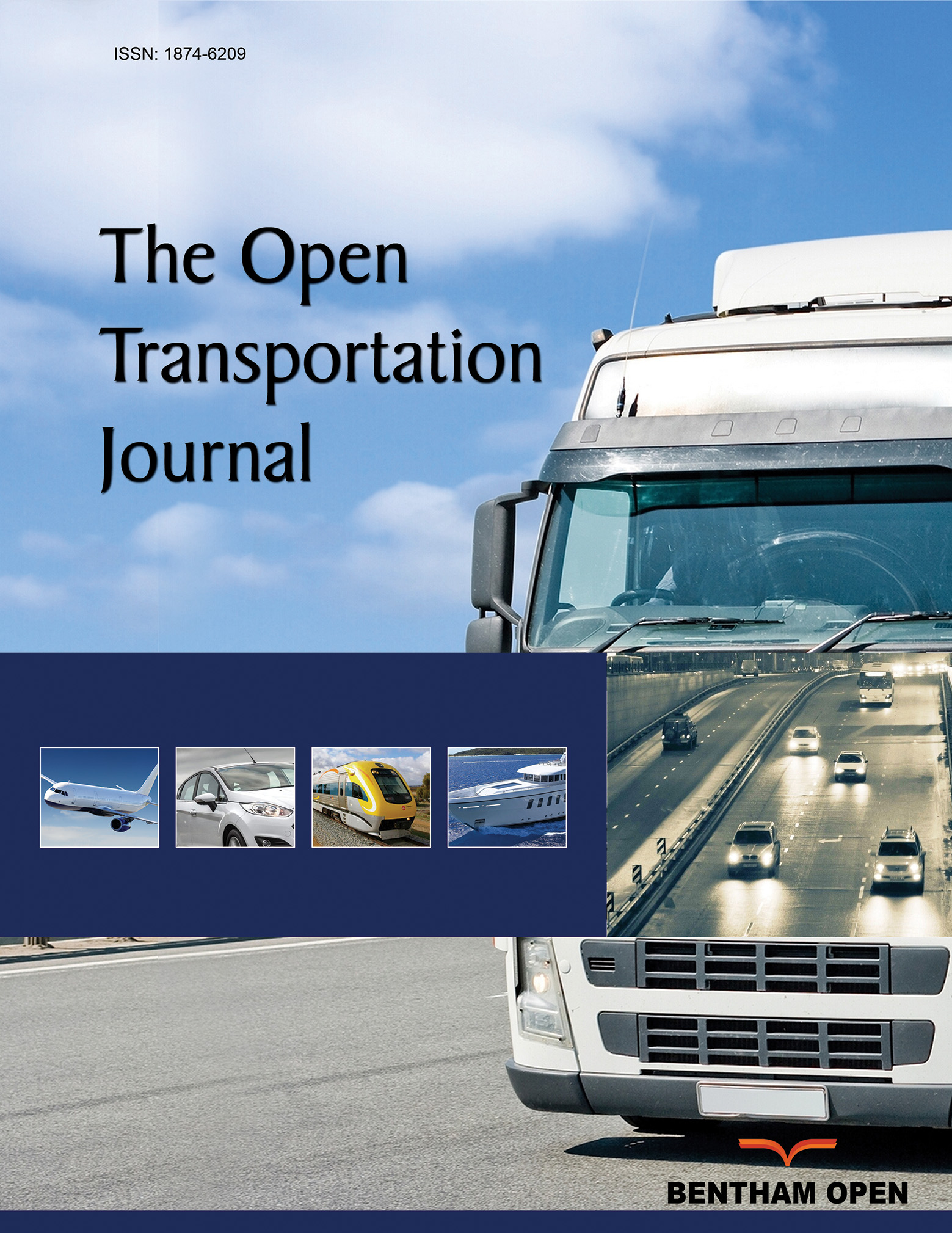All published articles of this journal are available on ScienceDirect.
The Mediating Role of Transportation Practices during the COVID-19 Crisis in Thailand
Abstract
Objective:
This study aimed to investigate the influence of organisational driving forces on transportation practices during the COVID-19 crisis and the effect on the sustainability supply chain performance of Thailand’s logistics service providers.
Methods:
The study used the explanatory-sequential mixed-method research design technique. The sample included 250 logistics service providers in Thailand. Purposive sampling was used to select the sample. A focus group discussion was conducted with three logistics experts and seven logistics service provider’s top executives, totalling ten key informants. The data gathered was analysed using structural equation modelling to perform a confirmatory factor analysis and path analysis.
Results:
The results found that organisational driving forces and transportation practices during the COVID-19 crisis have typically affected sustainability supply chain performance. In addition, the mediation effects of transportation practices during the COVID-19 crisis have unveiled partial mediation in the presence of a direct effect. The qualitative study was found to be consistent with the quantitative method findings from the logistics industry-specific contexts.
Conclusion:
Overall, the results provide support for the contention of the contingency theory. Thailand logistics service providers can use the results to plan the supply chain management works, outline the strategy of the organisation, and develop the business to be more competitive.


